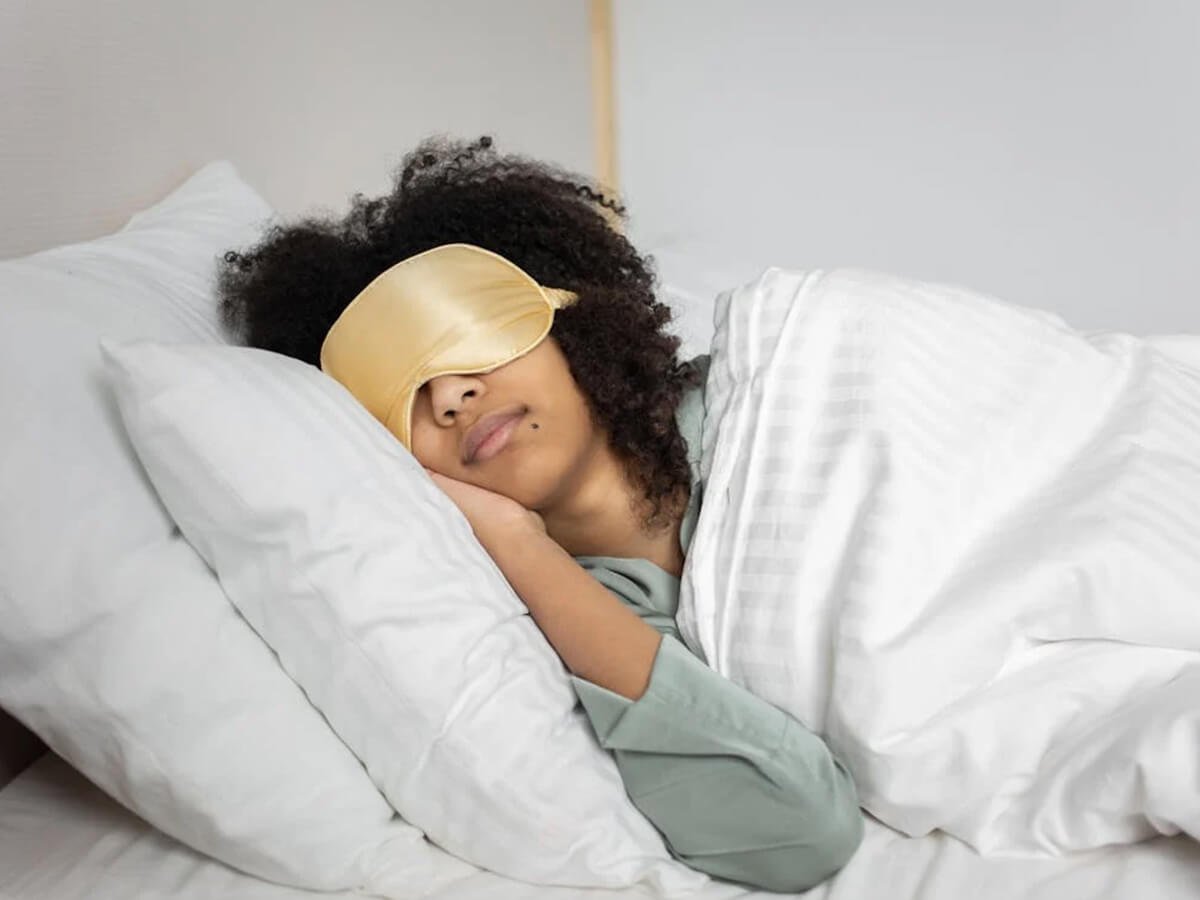Maintaining a healthy sleep routine, which includes how well you sleep and how refreshed you feel the next day, is sleep hygiene. When you consistently get quality sleep, it supports physical health, emotional balance, and mental clarity, making sleep hygiene services essential for modern lifestyles. Poor Sleep hygiene can cause fatigue, weak focus, irritability, mood swings, and long-term mental concerns. Tips for restful and restorative sleep help the body reset and recharge naturally. You can visit the best psychologists in Rawalpindi at Psychoaura to understand how healthy sleep patterns strengthen emotional well-being and inner balance.
COMMON CAUSES OF DISRUPTED SLEEP
Sleep Issues arises due to daily stressors or hidden lifestyle triggers. The following are the causes of disrupted sleep:
- Anxiety can cause disrupted sleep, due to which feel difficulty in falling asleep.
- Depression can cause disrupted sleep patterns, which can cause tiredness.
- Excessive intake of caffeine can cause sleep issues.
- Hormonal imbalance disrupts sleep patterns.
- Alcohol and substance abuse can affect deep and restorative sleep stages.
- Short sleep duration can affect concentration, emotional control, and physical energy.
- Work overload and stress can also disrupt sleep.
TIPS AND TECHNIQUES FOR RESTFUL AND RESTORATIVE SLEEP
1. Avoid caffeine intake as it disrupts sleep and delays sleep onset.
2. Avoid taking sugar before going to sleep for at least 2 hours.
3. Regular exercise can support healthy sleep cycles and mental relaxation.
4. Regular walking can lower stress hormones and help with falling asleep.
5. Eat dinner at least two hours before bedtime to allow proper digestion.
6. Limit screen time before bed.
7. Get daylight exposure during the day, as it regulates the natural sleep-wake rhythm.
8. Maintain a sleep environment quiet, dark, and cool to promote better sleep.
10. Create a comfortable bedroom setup that supports relaxation and a calm Psychoaura.
11. You can use a sleep mask if you are sensitive to light.
12. Avoid nicotine because smoking can affect deep sleep stages.
13. Aim for getting 8 hours of sleep regularly.
14. Practice Deep Breathing and muscle-relaxation techniques regularly.
NUTRITION, HORMONES, AND NATURAL SLEEP SUPPORT
Did you know melatonin is the essential sleep hormone? It helps in regulating healthy sleep. Below are some nutrients, hormones, and natural sleep support for making restful and restorative sleep:
- Bananas, rice, tomatoes, ginger, and cherries are rich in melatonin production, which is essential for healthy sleep.
- Eat dark chocolate and drink tart cherry juice before bed, as it encourages sleep naturally.
- Use lemon balm leaves for better sleep.
- You can use herbal remedies such as Karelian and chamomile, which are known for their soothing and stress-reducing properties.
- Take Vitamin B6.
- Consume amino acids, as it helps in sleep regulation.
- Include magnesium in the diet, as it relaxes muscles and eases nighttime tension.
Conclusion
When you get restful and restorative sleep daily, it will build a foundation for emotional stability, energy, and focus. Small daily choices can shape long-term rest patterns and mental strength. Tips for restful and restorative sleep empower individuals to stay productive, active, and reconnect with their natural rhythm and inner calm. You can visit the best psychologists in Rawalpindi at Psychoaura to get expert guidance and support.
FAQs
How does Psychoaura support sleep hygiene and mental well-being?
Psychoaura offers professional sleep hygiene services and psychological support for anxiety, depression, stress, alcohol or substance abuse, and lifestyle changes affecting sleep. Their professional psychologists provide a space where you can share your thoughts and issues only.
How does nutrition help improve sleep quality?
Nutrition plays an important role in sleep regulation. Food like bananas, rice, tomatoes, and cherries improves sleep quality. Magnesium and vitamin B6 also help in melatonin production, which is essential for healthy sleep. Amino acid is also helpful in regulating sleep-related neurotransmitters.
How do I book an appointment at Psychoaura in Rawalpindi?
You can fill out the appointment form on the Psychoaura website or contact the Psychoaura team. They will guide you at every step.




